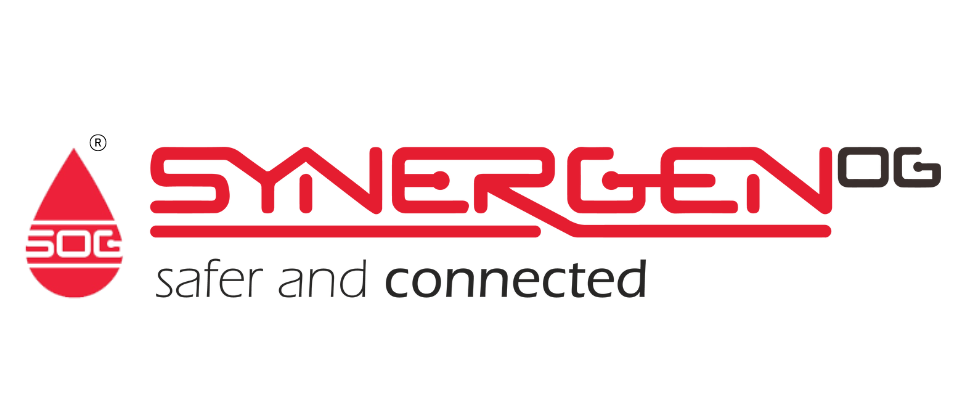- About
- Services
- Process Safety Management
- Technical Risk
- Fire and Explosion Risk Assessment (FERA)
- Escape, Evacuation and Rescue Analysis (EERA)
- Emergency System Survivability Analysis (ESSA)
- Failure Mode Effects and Criticality Analysis (FMECA Analysis)
- Flare Radiation and Vent Dispersion Study (FLARE Study)
- Gas Dispersion Modelling (In 2D and 3D Forms)
- Quantitative Risk Assessment (QRA)
- Temporary Refuge Impairment Analysis (TRIA)
- Non-Hydrocarbon Hazard Analysis (NHHA)
- Loss Prevention
- Operational Safety
- Process Safety Consulting
- Training
- Portfolio
- Software Solutions
- Library
- Contact
